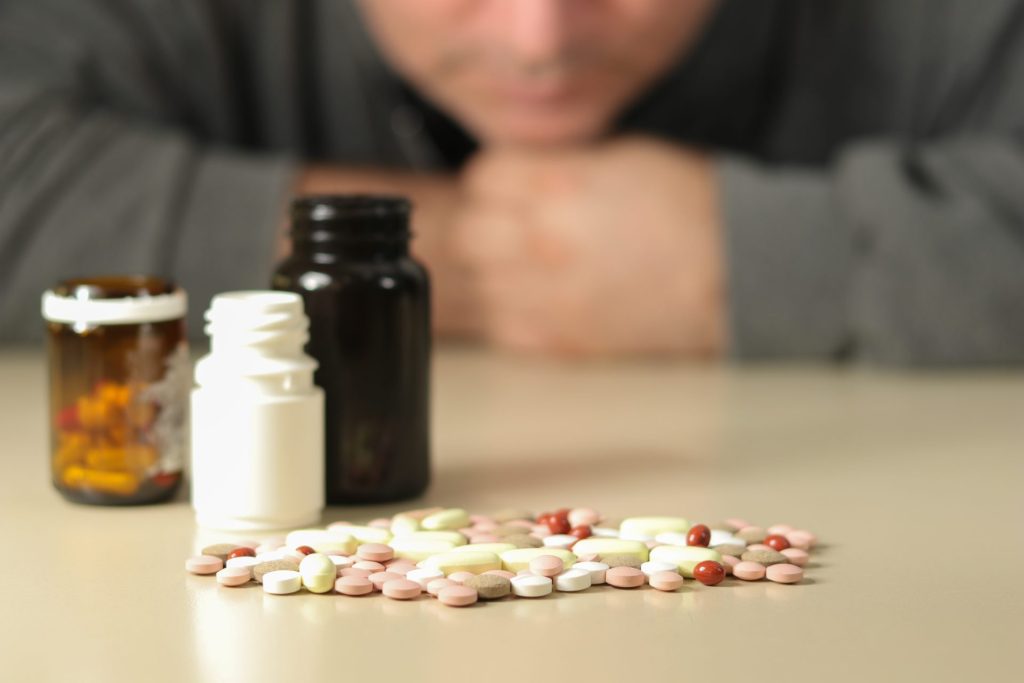According to the National Institute of Mental Health (NIMH), Major Depression is one of the most common mental disorders in the United States. In 2020, an estimated 21.0 million adults in the United States had at least one major depressive episode.

WHAT IS DEPRESSION?
Depressive episodes can vary among people, but they are commonly defined by some combination of the following symptoms:
- Feelings of sadness, hopelessness, or despair
- High levels of irritation and anger
- Loss of interest or pleasure in activities previously enjoyed
- Sleep pattern changes like insomnia or sleeping too much
- Fatigue and lack of energy
- Reduced appetite, weight loss or weight gain
- Anxiety and restlessness
- Moving and/or thinking more slowly than normal
- Feelings of worthlessness, guilt, and failure
- Brain fog, trouble concentrating, memory loss
- Frequent thoughts of death, suicidal thoughts, suicide attempts
- Unexplained physical symptoms, such as back pain or headaches
For most people experiencing a depressive episode, their symptoms have a moderate to severe impact on their day-to-day functioning and mood.
WHAT CAUSES DEPRESSION?
It is difficult to pinpoint exact causes of depression and every patient is different. Common causes of depression include brain chemistry, hormone levels, family history, trauma, medical conditions, substance use, and chronic pain. Risk factors include sex, genetics, socioeconomic status, vitamin deficiencies, substance abuse, and medical illnesses.
HOW IS DEPRESSION TREATED?
Depression is a serious mental health condition, and it requires treatment from professionals with a clear understanding of the disorder. At Pandora’s House Psychiatry, we focus on treating the immediate symptoms of depressive disorders and helping patients with long-term recovery. The future can be a scary concept when you are dealing with depression, but with the right treatment, patients are able to reclaim both their present and their future.
Treatment for depression usually includes a combination of psychotherapy and medication. By conducting a thorough evaluation of your mental health, our psychiatrists will help create a treatment plan that focuses on the tools that will benefit you the most. We are dedicated to serving you with sensitivity, understanding, and trust. If you, or someone you love, is suffering from depression, contact us today to schedule an initial appointment.









